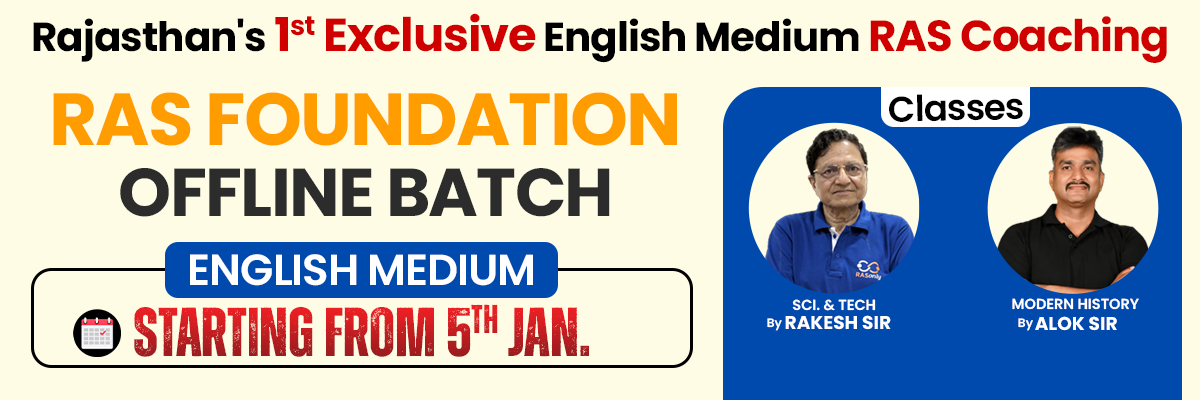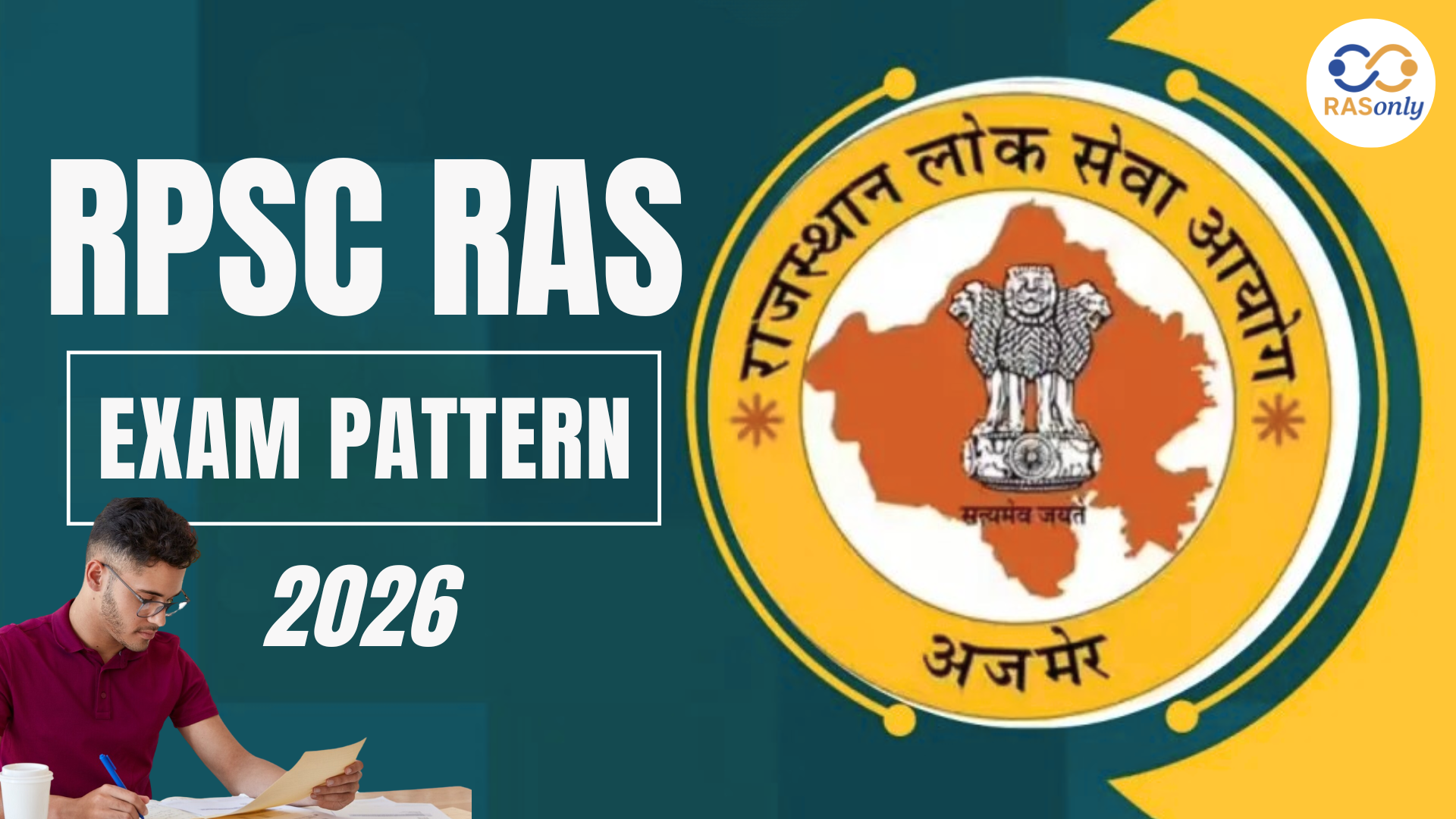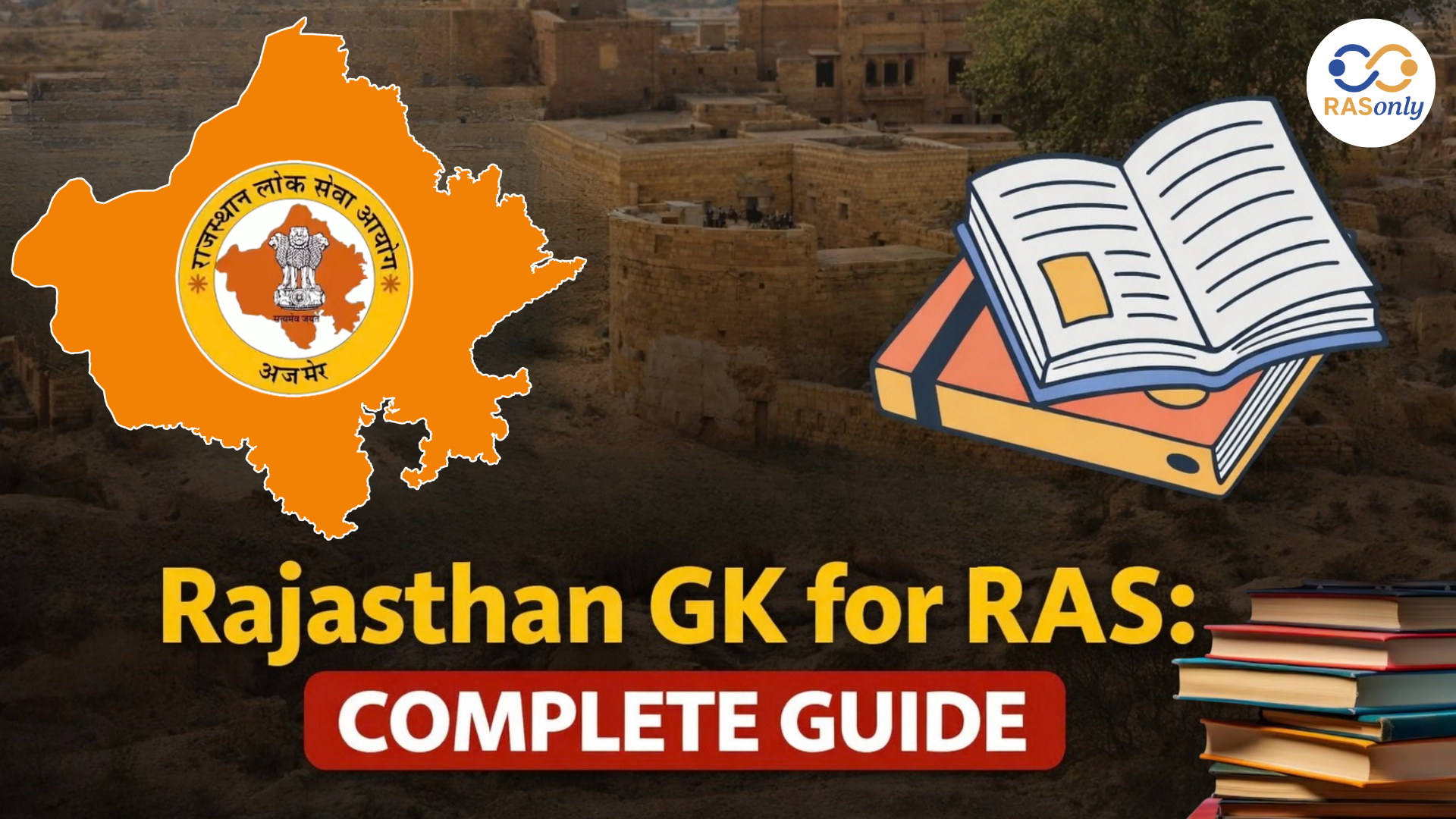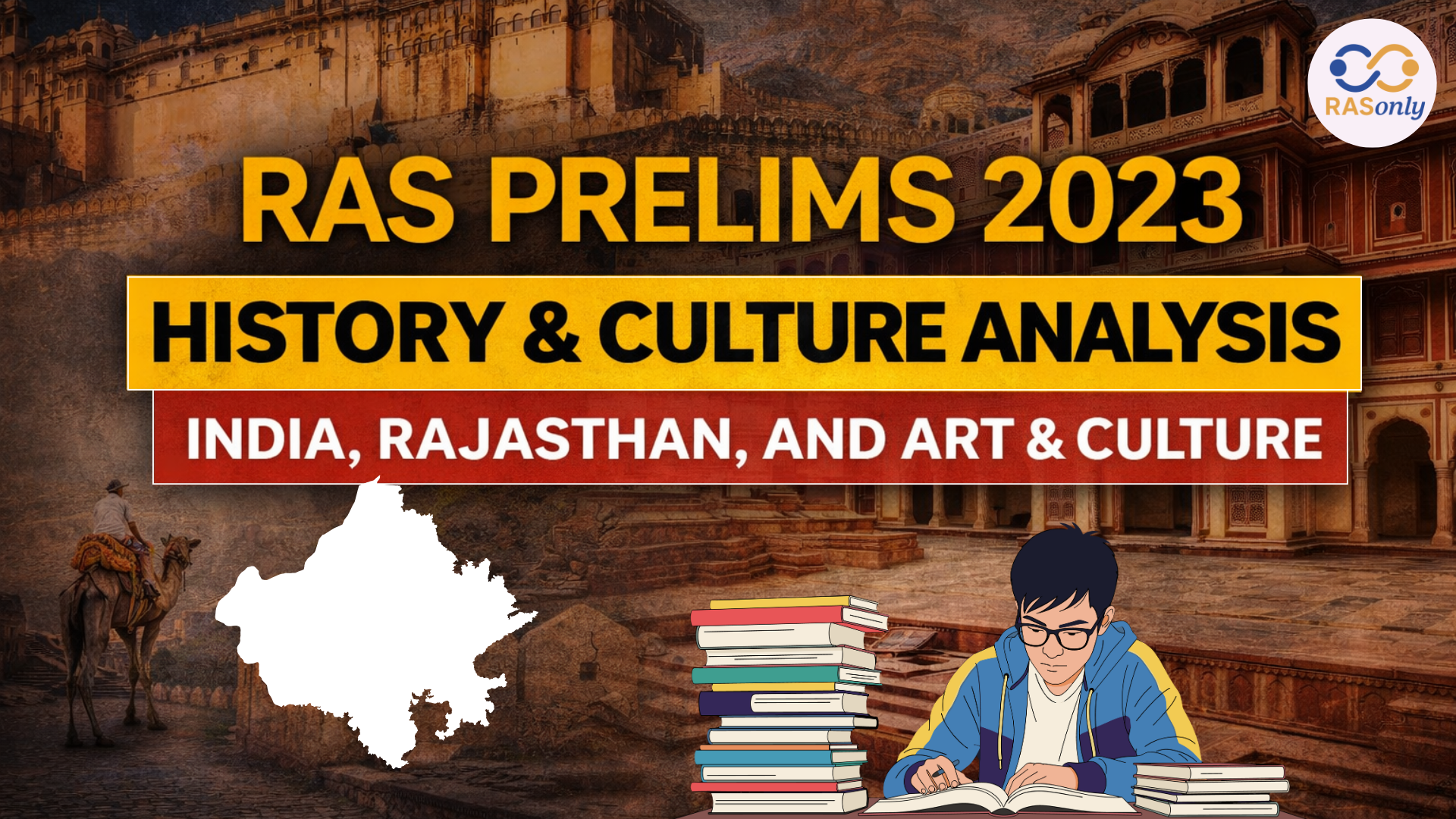RPSC RAS 2026 Subject Wise Exam Pattern for Prelims, Mains & Interview Details
- >
- RAS Preparation Resources
- >
- UNDERSTANDING ECONOMIC ACTIVITIES
UNDERSTANDING ECONOMIC ACTIVITIES

Get in Touch with RASonly!

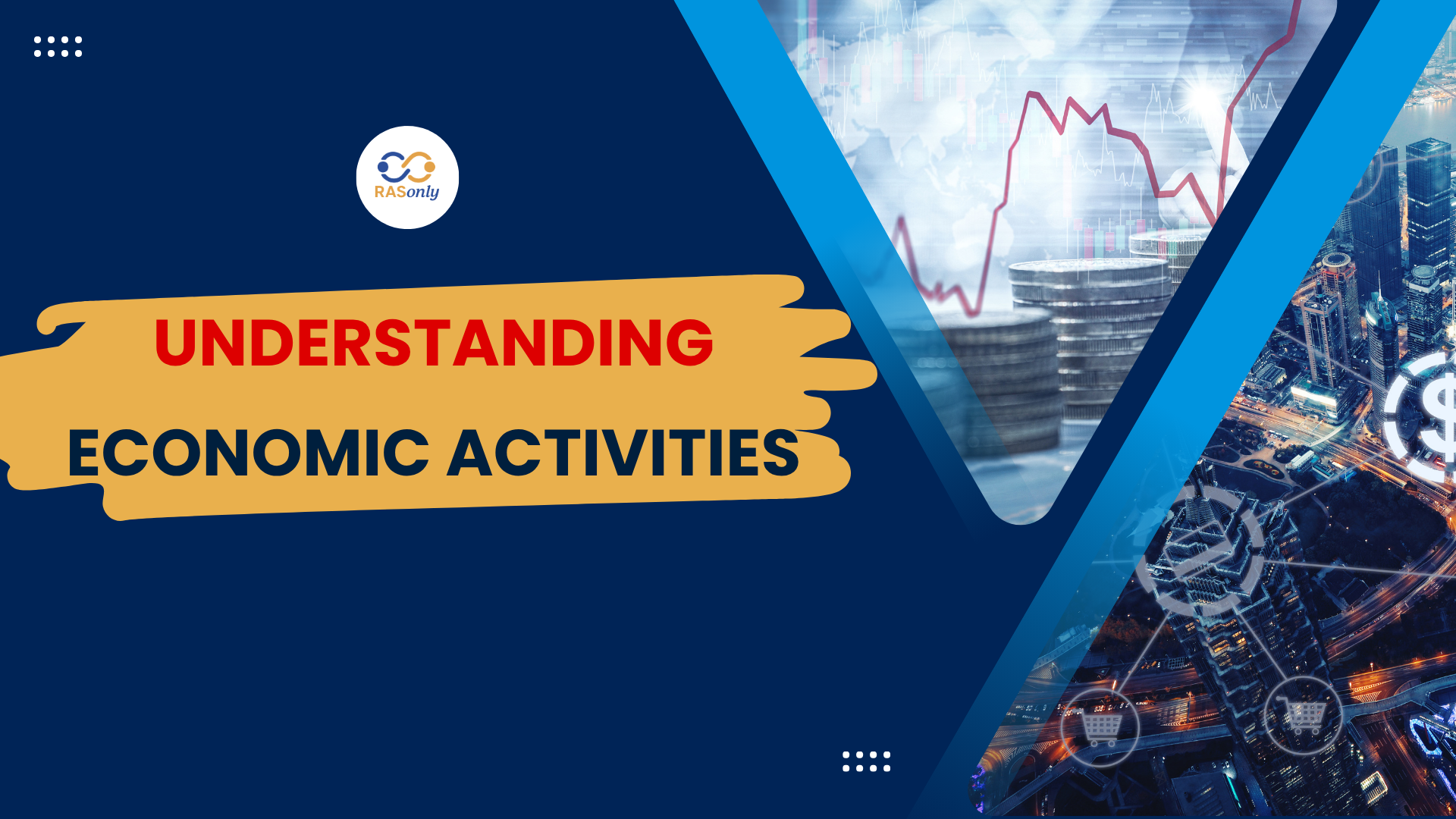
Economic activities are the activities people do in order to earn money. These activities include producing and selling of goods and services. Economic activities add value to the national income.
Features of economic activities:
- Economic activities are done to earn income, not just personal satisfaction.
- Economic activities include production, distribution and consumption of goods.
- Economic activities require land, labour, capital, and entrepreneurship to carry out the activity.
- Economic activities add value to the national income.
- These activities are lawful and recognized by the government.
What are the main sectors of economic activities?
There are namely three sectors of economic activities, these are primary, secondary and tertiary.
| Sector | What it Means | Examples |
|---|---|---|
| Primary Sector | Uses natural resources to produce goods | Farming, fishing, mining |
| Secondary Sector | Turns raw materials into finished goods | Factories, construction, industries |
| Tertiary Sector | Provides services instead of goods | Teaching, banking, transport, healthcare |
- Primary Sector: Primary sector is related to the use of natural resources to produce raw materials that are then utilised by other sectors in producing goods and services. For example, farming, fishing and mining.
- Secondary Sector: Secondary sector includes processing of raw materials into finished goods. For example, cotton from farms is turned into clothes in textile factories, and sugarcane is made into sugar. It also includes construction activities like building houses, roads, and bridges.
- Tertiary Sector: Tertiary sector is the backbone of the economy as it provides support to both the primary and secondary sectors of the economy. The sector provides transportation services to the primary and secondary sectors. For example, transport helps move goods, services like trade, communication, and tourism are also part of this sector.
Classification of sectors based on different criteria:
Classification of Sectors
| Basis of Classification | Types of Sectors | What It Means | Examples |
|---|---|---|---|
| 1. By Nature of Activity | Primary Sector | Uses natural resources to produce raw materials | Farming, Fishing, Mining |
| Secondary Sector | Converts raw materials into finished goods | Manufacturing, Construction | |
| Tertiary Sector | Provides services to people and businesses | Transport, Banking, Education | |
| 2. By Ownership | Public Sector | Owned and managed by the government | Indian Railways, Public Banks |
| Private Sector | Owned and managed by individuals or companies | Reliance, Infosys | |
| 3. By Work Conditions | Organised Sector | Registered, follows laws and provides job security | Banks, Large Companies |
| Unorganised Sector | Informal, less secure, few benefits | Street Vendors, Daily Wage Workers | |
| 4. By Use of Capital | Capital-Intensive Sector | Uses more machines and technology | Large Factories |
| Labour-Intensive Sector | Depends more on human labour | Farming, Small Workshops | |
| 5. By Scale of Operation | Large-Scale Sector | Big units with large investments | Steel Plants |
| Small-Scale Sector | Small units with low investment | Cottage Industries, Local Shops |
Importance of economic activities:
- Economic activities provide jobs and income to people, helping them meet their daily needs.
- All goods and services produced add value to the country's GDP, boosting economic growth.
- When people earn more, they can afford better food, education, and healthcare.
- Production activities push industries to grow and adopt modern technology.
- Taxes collected from economic activities help the government provide public services and welfare.
CONCLUSION
Economic activities help people earn money and improve their lives. They create jobs, produce goods and services, and add to the country’s income. When these activities grow, the economy becomes stronger, and people get better living conditions.
Post Category
- RAS Salary
- Result
- RAS Admit Card
- RAS Job
- RAS Cutoff
- Preparation Tips
- RAS Answer Key
- RAS Exam Analysis
- RAS Syllabus
- RAS Previous Year Papers
- RPSC RAS Exam Pattern
- RAS Interview
- RAS Mains Exam Date
- RAS Vacancy
- RAS Test Series
- RAS Best Books
- RAS Preparation Resources
- RAS Coaching Centre
- History
- Polity
- Geography
- Economics
- Science
- Art and Culture
- RPSC RAS Application Form
- RPSC RAS Notification
RASonly Interview Guidance Program

Mr. Ashok Jain
Ex-Chief Secretary Govt of Rajasthan
- IAS officer of the 1981 batch, Rajasthan cadre.
- Passionate about mentoring the next generation of RAS officers with real-world insights.
- Got retired in Dec 2017 from the post of Chief Secretary of the state of Rajasthan.

Mr. Guru Charan Rai
Ex-ASP / SP in Jaisalmer
- Guru Charan Rai, IPS (Retd), retired as Inspector General of Police (Security), Rajasthan, Jaipur in 2017.
- Served as ASP and SP in Jaisalmer, Nagaur, Sri Ganganagar, Sawai Madhopur, Dausa, Sikar, and Karauli.
- He also held key positions as DIGP and IGP in the Law and Order division.

Mr. Rakesh Verma
Ex-IAS Officer, B.Tech, MBA, and M.A. (Economics)
- IAS officer of the 1981 batch and retired in Chief Secretary Rank.
- Civil servant of high repute and vast experience.
- Has been teaching UPSC CSE subjects for the last six years.
Related Post
Daily Current Affairs for RAS Exam Preparation 2026
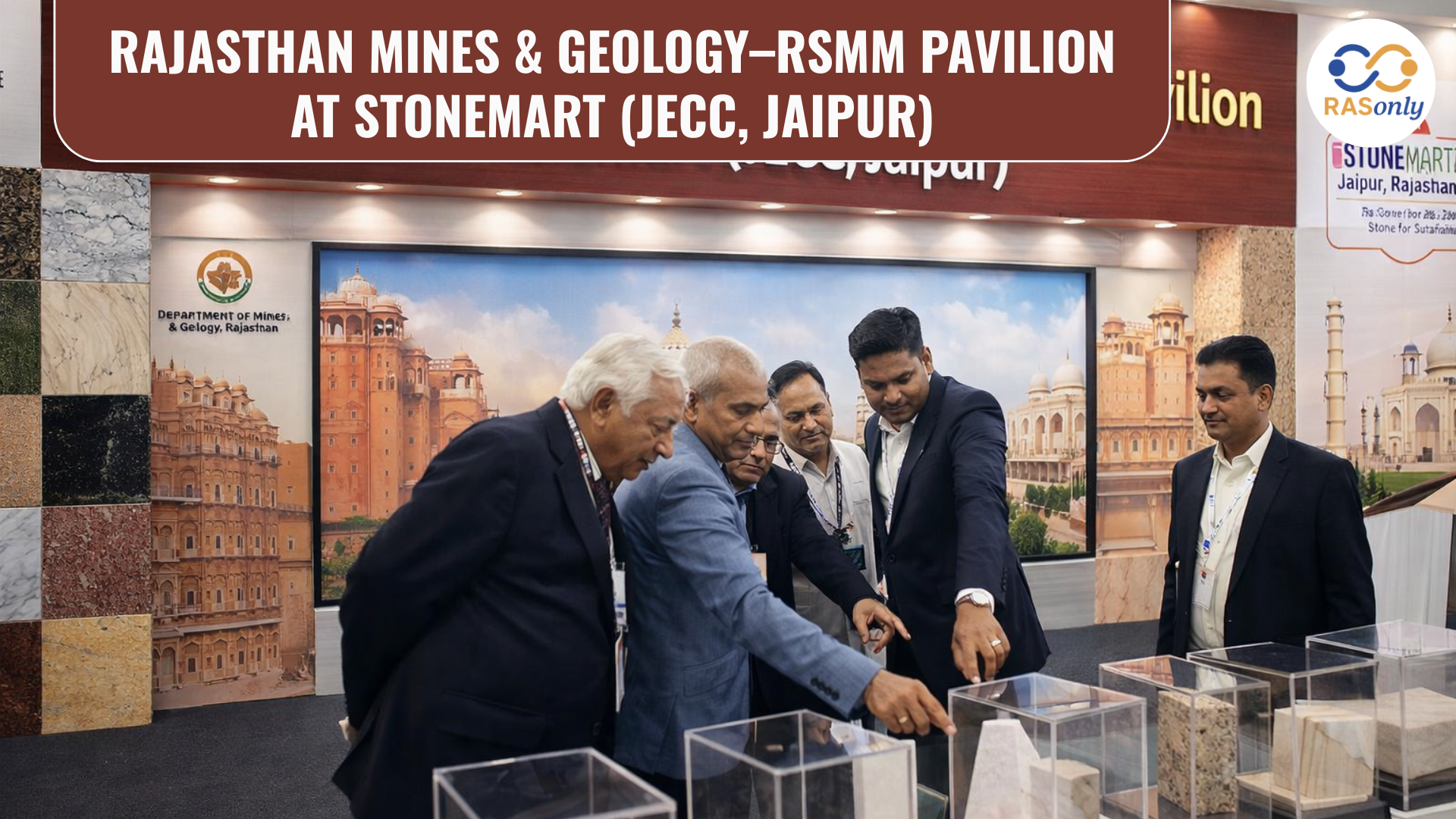
Rajasthan Pavilion Shines at Stone Mart Jaipur 2026
February 07, 2026
Rajasthan Achieves 3,000 MW Under PM-KUSUM Scheme
February 07, 2026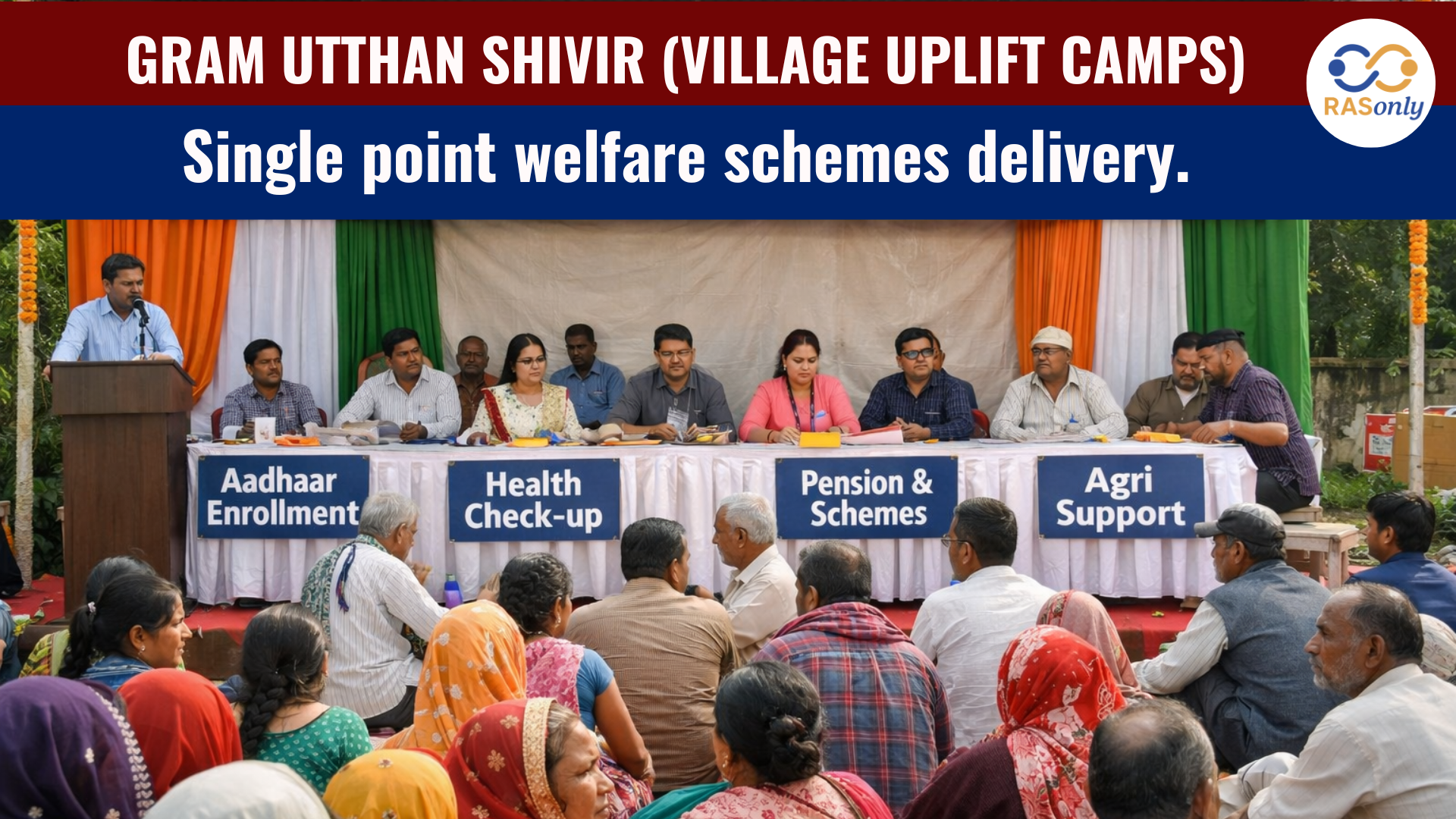
Gram Utthan Shivirs Strengthen Rural Governance in Rajasthan
February 07, 2026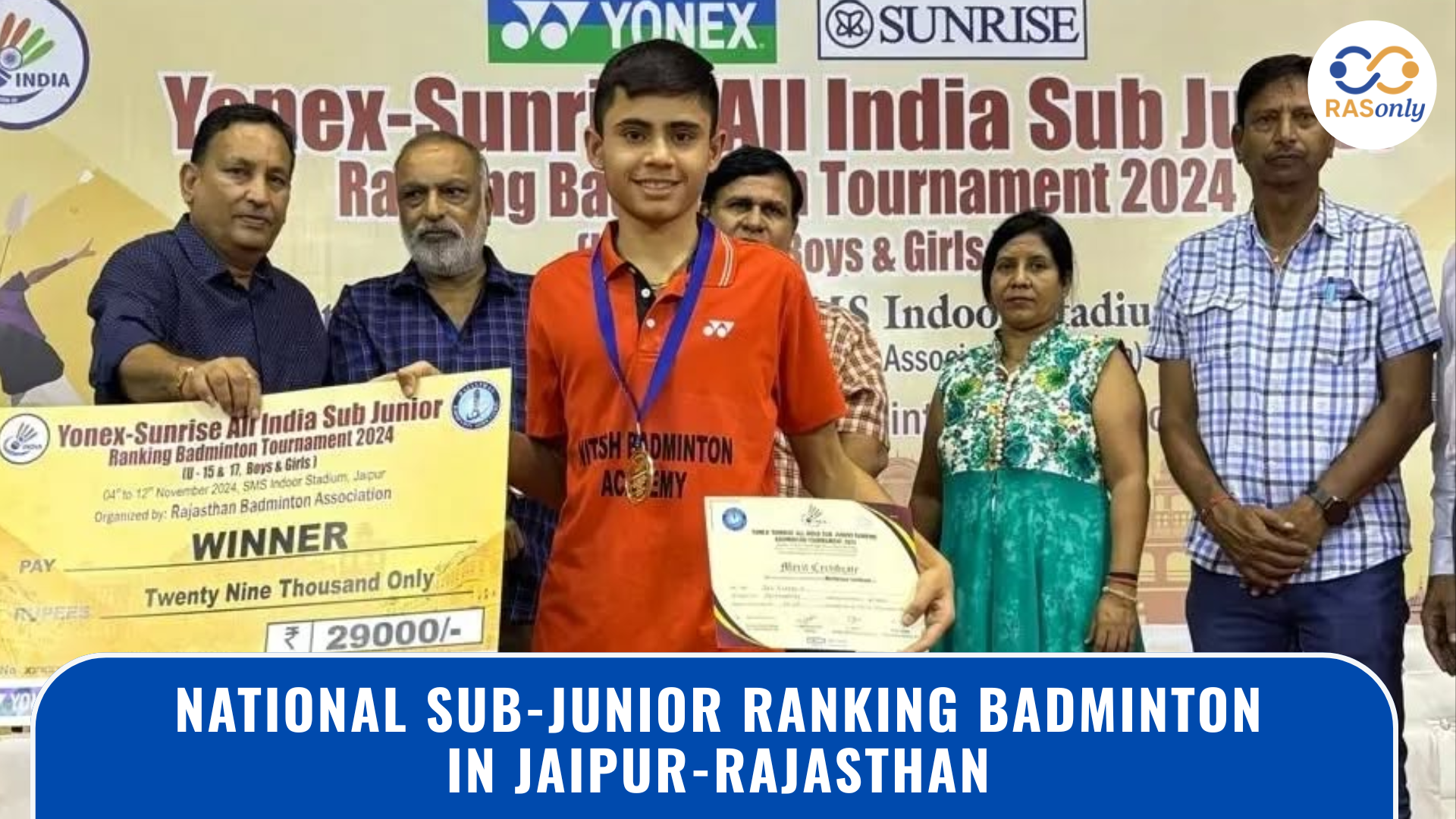
Jaipur Badminton: 72-Minute U-15 Final Creates Record
February 06, 2026👉🏻 Register Today to Join Classes! 👍🏻
- Team RASOnly -
🎯 Benefits of RASOnly Coaching:
- ✅ 1:1 Mentorship with RAS Officers
- ✅ Experienced and Expert Faculty
- ✅ Free Library Access
- ✅ Daily Minimum 4 Hours Must
- ✅ Comprehensive Study Material
- ✅ Regular Tests & Performance Analysis
- ✅ Personalized Guidance & Doubt Solving
- ✅ Online & Offline Class Options
- ✅ Affordable Fees with Quality Education
Key Highlights:
- 👉🏻 3-Day Refund Policy
- 👉🏻 New Batch Starting from 04 August
- 👉🏻 Registration Amount: Only ₹1000




